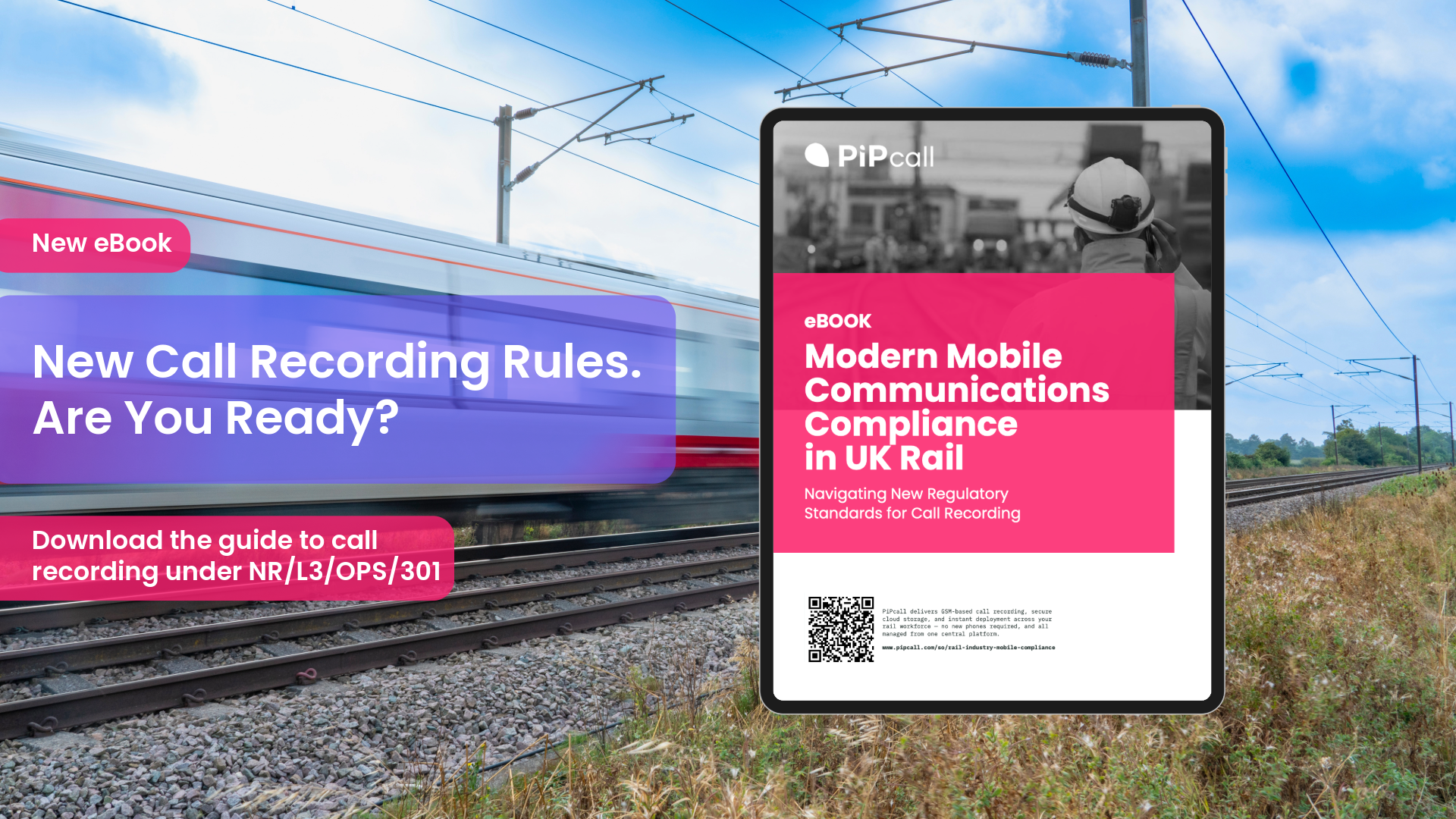Comparing SIM and eSIM pricing and features can be valuable, especially for businesses looking to choose the best mobile connectivity solution. While the core services provided by both (calls, texts, and data) are similar, there are important distinctions that might affect decision-making.
Here’s why comparing SIM and eSIM pricing and features matters
1. Cost Efficiency
• eSIMs can offer potential cost savings because they eliminate the need for physical card manufacturing, shipping, and handling, making them more cost-effective for businesses managing large fleets of devices.
• For businesses with international travel needs, eSIMs may offer more flexibility by allowing users to switch between carriers or data plans remotely, reducing roaming fees compared to physical SIMs.
2. Flexibility in Features
• eSIMs allow businesses to remotely manage and switch profiles, offering greater flexibility in network choices and device management. For businesses with employees across different regions or needing multi-network support, eSIMs are often more convenient, whereas physical SIM cards may require manual swaps and shipping.
• SIM cards, however, might still be preferred for users in areas with limited eSIM support, where physical SIMs offer broader global compatibility and roaming options.
3. Security Features
• eSIMs have built-in security benefits, such as the inability to remove them physically from a device, which prevents tampering. For businesses dealing with sensitive information, these features may justify a switch even if the pricing is similar to traditional SIMs.
By comparing the pricing and features of SIM and eSIM options, businesses can make more informed decisions, balancing cost, flexibility, and security depending on their operational needs. The choice between SIM and eSIM can also depend on the available support from mobile carriers and whether the organisation values feature like remote management or prefers the simplicity of a physical SIM.
Do UK network providers differenciate their SIM and eSIM plans?
Currently, UK network providers do not differentiate in pricing between eSIM and traditional SIM cards. Whether you’re opting for a physical SIM or an eSIM, the price plans remain the same.
The core features between eSIMs and physical SIMs provided by major UK carriers—such as EE, Vodafone, O2, and Three—are largely the same in terms of connectivity, including voice, text, and data services.
The added benefits of eSIM
When comparing SIMs versus eSIMs for business you will find eSIMs offer several added benefits that physical SIMs don’t, particularly for businesses looking for more flexibility and remote management.
1. Remote Activation and Management: eSIMs allow for the remote provisioning and switching of mobile profiles, enabling businesses to activate or deactivate them without needing to handle physical cards. This is particularly advantageous for large enterprises or those with employees working remotely or internationally, where managing physical SIM logistics can be cumbersome.
2. Multi-Network and Multi-Profile Capabilities: eSIMs support multiple profiles, meaning users can switch between different network providers or business and personal lines without needing to swap out SIM cards. This is especially beneficial for employees who frequently travel, as they can download local network profiles directly onto their devices.
3. Security: eSIMs offer a higher level of security, as they are embedded into the device and cannot be removed or tampered with easily. This makes it harder to steal or misuse compared to physical SIMs, which are vulnerable if the device is lost or stolen.
4. Device Space and Design: By eliminating the need for a physical SIM slot, eSIMs save valuable space inside the device. This allows manufacturers to create smaller, more compact devices, or to use the extra space for enhanced features like larger batteries or better hardware.
PiPcall: A Business eSIM with a Difference
PiPcall’s business eSIM solution goes beyond mobile connectivity, offering advanced business calling features such as call transfer, voicemail to email, and call recording. It turns any mobile device into a fully functional business phone, with options to manage both data and business calls seamlessly. Perfect for remote teams, field workers, or international travellers, PiPcall’s eSIM ensures secure, flexible, and efficient communication without the need for physical SIMs.
While both types of SIMs offer similar network functionality, the flexibility, convenience, and security of eSIMs provide additional advantages, especially for businesses that need scalable and agile mobile management solutions. However, for companies in regions where eSIM support is limited or for users who prefer the familiarity of traditional SIM cards, physical SIMs remain a reliable option.



.png)



